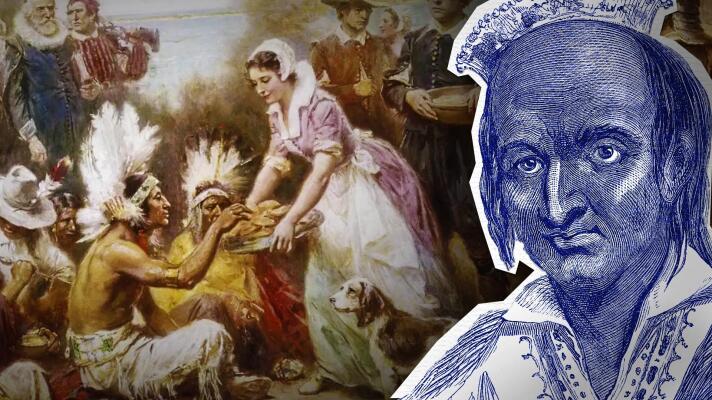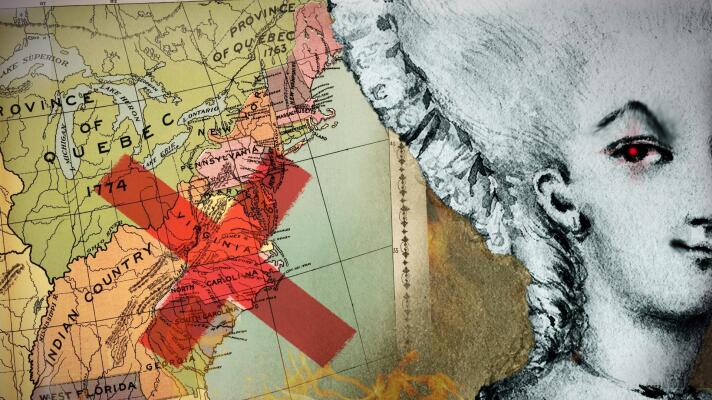Extras
A network of traveling merchant-spies were essential to the expansion of the Aztec Empire.
Episode:
S2
E8
|
7:43
The largest enslaved insurrection in US history was planned for 1856– and then called off.
Episode:
S2
E7
|
7:37
A group of women mathematicians uncovered Soviet spies– but received none of the credit.
Episode:
S2
E6
|
9:56
Ninjas are famous in popular culture, but behind the stereotypes lie a legendary history.
Episode:
S2
E5
|
10:06
Chevalier d’Eon was a spy, fencer, and gender identity trailblazer who blackmailed a King.
Episode:
S2
E4
|
11:02
“I wanted to start a personal war with Hitler. And I wanted to fight with my imagination.”
Episode:
S2
E3
|
9:27
This musician spied on Black socialists then criticized the government for being racist.
Episode:
S2
E2
|
9:09
A year into the Civil War, the Union Army unveiled their secret weapon: spy balloons.
Episode:
S2
E1
|
10:17
One pirate’s tale of buried treasure led to generations of treasure hunting.
Episode:
S1
E8
|
9:50
Sea Lords were as vital to medieval Japan as samurai, so why were they called “pirates?”
Episode:
S1
E7
|
9:29
Latest Episodes
All
-
All
-
Rogue History Season 3
-
In the Shadows
-
Behind the Patch
How did a wealthy pacifist’s protest spark a working-class uprising?
Episode:
S3
E5
|
10:09
After peace at Thanksgiving ended, a Wampanoag leader fought back against colonization.
Episode:
S3
E4
|
10:35
Thomas Peters challenged the British Empire on their broken promises to Black Loyalists.
Episode:
S3
E3
|
10:41
Peggy Shippen came closer to ending the American Revolution than any general ever did.
Episode:
S3
E2
|
11:51
Was the founding father of the American Navy a pirate?
Episode:
S3
E1
|
12:01
A network of traveling merchant-spies were essential to the expansion of the Aztec Empire.
Episode:
S2
E8
|
7:43
The largest enslaved insurrection in US history was planned for 1856– and then called off.
Episode:
S2
E7
|
7:37
A group of women mathematicians uncovered Soviet spies– but received none of the credit.
Episode:
S2
E6
|
9:56
Ninjas are famous in popular culture, but behind the stereotypes lie a legendary history.
Episode:
S2
E5
|
10:06
Chevalier d’Eon was a spy, fencer, and gender identity trailblazer who blackmailed a King.
Episode:
S2
E4
|
11:02

















